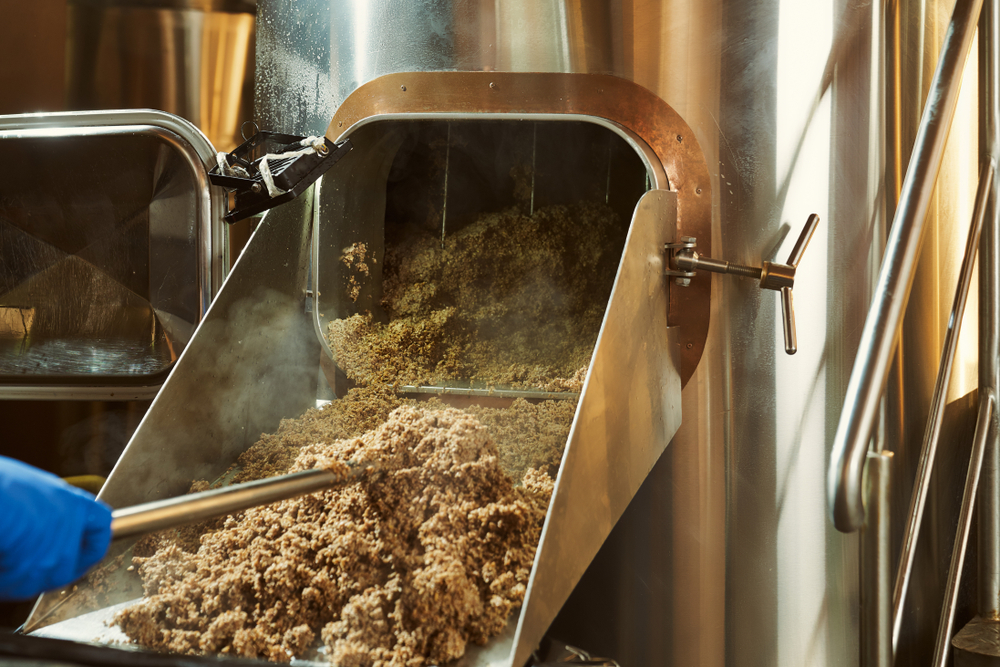The Dutch beer brewing industry generates massive amounts (0.5 million tons) of brewers’ spent grain annually that contain around 30% proteins. These proteins are now mainly used as low-value animal feed. Thanks to a new process, developed by Wageningen Food and Biobased Research, they can be used as food. As a result, the profit margin increases 7-fold.
Heineken
The new process has been developed in a research project of Heineken brewery, feed company Duynie and WUR. Their aim was to improve the value of the side-streams of beer production. Brewers’ spent grain is the left-over of malt.
Isolate
The main challenge was how to isolate the proteins out of the brewers’ spent grain, explain WUR researchers Carl Safi and Wim Mulder. Only a minor part of the proteins is soluble in water and easy to isolate. In contrast, the majority is riveted to non-soluble fibres such as cellulose, lignin and hemicellulose. Thus, the proteins must be separated from the fibres. They have developed a method to slice the non-soluble proteins. As a result, 90% of the proteins are solubilized.
Purify
Nevertheless, other nutrients such as sugars and minerals are also present in the crude protein extract, which implies that further protein purification is required. For that purpose, Safi and Mulder have developed an innovative filtration process that resulted in a protein purity of 90 per cent. Consequently, the protein yield dropped to 25%. They now want to optimise the purification process further to obtain at least 80% yield.
Upscaling
While Food and Biobased Research will refine the process on a laboratory scale and conduct tests in Wageningen, Duynie will scale up the process to an industrial scale, to process a thousand kilos of brewers’ spent grain every hour into proteins. Duynie wants to develop protein-rich drinks, but the proteins can also be used in meat substitutes or vegan cheese, says Safi.
The research project lasts three years, costs one million euros and is funded by the Dutch top sector Agrifood and the participating companies.

 Brewer spent grain, photo: Shutterstock
Brewer spent grain, photo: Shutterstock